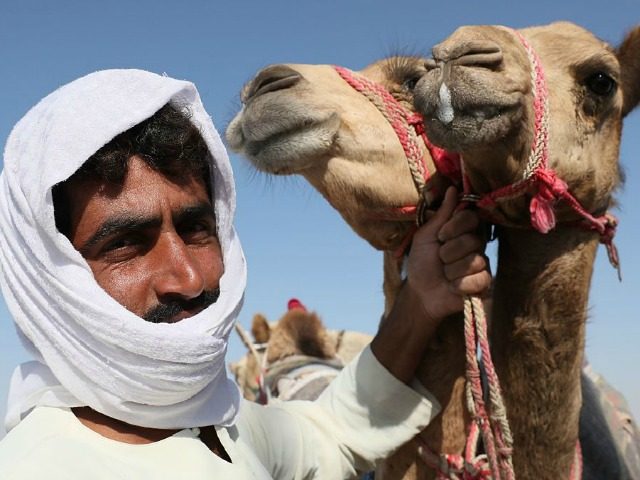The U.N. Educational, Scientific and Cultural Organization (UNESCO) released the latest additions to its global cultural heritage list Friday, applauding the contributions made by competitive grass mowing in the Balkans and camel racing in the Middle East in helping to make the world a better, more inclusive place.
The entries were among the 35 from around the world added to the list for 2020, and also included the tradition of playing the hunting horn, a status awarded jointly to Italy, France, Belgium and Luxembourg, as well as the art of glass bead making and sauna enjoyment.
Traditional saunas have been a mainstay of Finnish culture for thousands of years, with an estimated three million saunas in a country of 5.5 million people. A Finnish person, on average, takes at least one sauna a week.
“Sauna culture in Finland is an integral part of the lives of the majority of the Finnish population,” Unesco said. “Sauna culture, which can take place in homes or public places, involves much more than simply washing oneself. In a sauna, people cleanse their bodies and minds and embrace a sense of inner peace.”
Since the list of intangible heritage was first conceived, 584 customs from 131 countries have been inscribed, although the left-wing organization itself has been subjected to increased scrutiny.
Israel officially left it on New Year’s Day in 2019 in protest at the agency’s inability to combat its own politicization and profound anti-Israel bias.
The United States completed its withdrawal from the Paris-based cultural agency at the same time.
UNESCO Approves Motion Denying Jewish, Christian Links to Temple Mount https://t.co/bqNYZvZEiC pic.twitter.com/MYwOzA1zoa
— Breitbart London (@BreitbartLondon) October 26, 2016
Despite the controversy, last year saw new cultural traditions like Byzantine chanting from Greece and Cyprus, traditional Thai massage and carpet weaving from Turkmenistan all applauded, as Breitbart News reported.
Among the culinary art to receive the special status in 2020 was sourdough making in Malta and couscous, with the latter candidate submitted jointly by Algeria, Morocco, Tunisia and Mauritania.
Meanwhile in Kupres, a town in Bosnia and Herzegovina, there has much celebration because the grass mowing competition, which takes place each July in a specific meadow called Strljanica, is considered the most important event of the social calendar. A glowing Unesco attribution stated:
The contest involves the manual mowing of grass using a scythe and is judged by the time, effort and amount mown as cutting grass at that altitude requires strength and a special technique. The top three mowers are recognised, with the chief mower treated as a leader who ensures the successful mowing of all the fields to gather hay for the cattle; agriculture and cattle breeding are essential parts of the area’s economy. Men, starting from the age of 18, are traditionally the competitors, with the element being transmitted within families from father to son.
Women, meanwhile, rake the grass and prepare food for guests before clearing away afterwards and attending to the needs of the competitors who henceforth boast of their muscular attributes and unassailable virility.

COMMENTS
Please let us know if you're having issues with commenting.